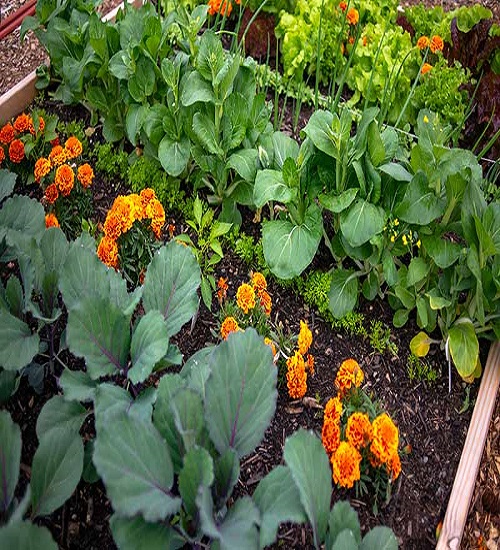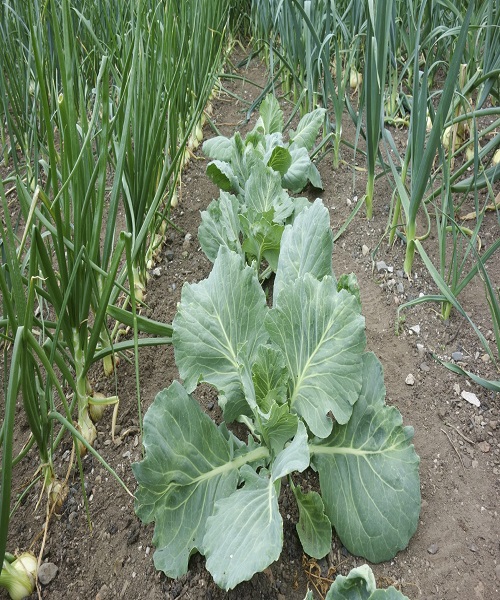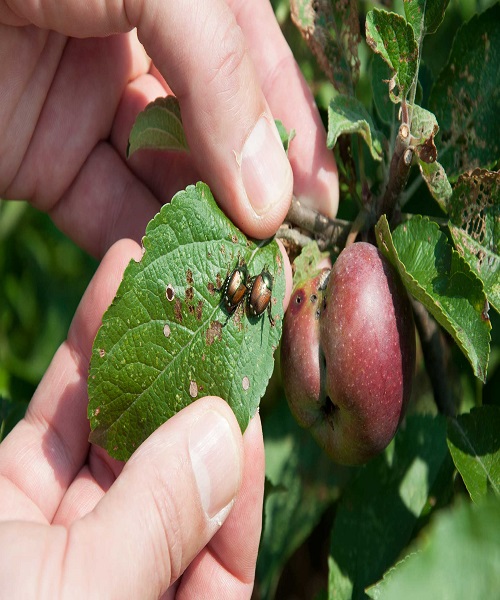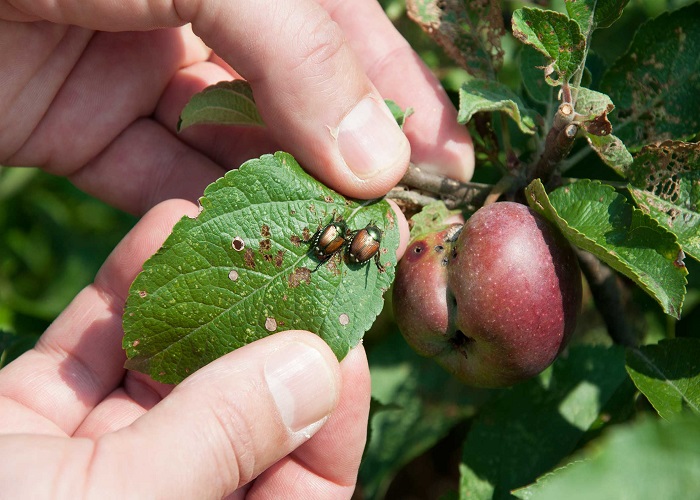Nothing is more upsetting than witnessing otherwise healthy crops being completely destroyed by bugs. It seems as though pests, such as aphids, cabbage worms, beetles, and the dreaded hornworm, can devastate crops in an instant.
But that doesn’t mean you need to stockpile an arsenal of toxic chemicals to keep your garden free of pests. To put it bluntly, many commercial sprays, dust, and other pest control methods do more harm than benefit for the environment.
The fact that they are non-discriminatory makes it difficult to know whether or not they may be used safely on edible fruits and vegetables.
There is a way out of this. We’ve been successfully battling pests in our garden for years with just three easy-to-find natural remedies.
Marigolds In A Garden
Growing marigolds in and around the garden have numerous advantages. As a result, the plant may be found all over our garden in pots, containers, and even parts of the rows.
Aphids, nematodes, tomato hornworms, squash bugs, and cabbage worms are all repelled by the strong aroma of marigolds. Additional benefits include the ability to deter critters such as deer and rabbits.
And the most important pollinators love marigolds! Sweet nectar from marigolds attracts honey bees, butterfly nectar, and wasps.
Marigolds, on the other hand, are one of the most simple annual flowers to grow! Direct seeding is possible, and they develop swiftly. Additionally, the seeds can be kept for the next year, making them even more cost-effective.
If nothing else, their blooms will make your garden more gorgeous.

Companion Planting
You can rely on companion planting as your go-to strategy for keeping pests at bay in the garden. It works miracles!
When certain plants grow next to each other, they form advantageous partnerships. As a good example of how to prevent pests from causing damage in the garden, consider basil, tomatoes, and pepper plants.
When it comes to tomato pests, basil is a well-known repellent. In addition, it naturally protects tomato and pepper plants when planted alongside or close by. Basil, on the other hand, is said to enhance the flavor of tomatoes when cultivated close by.
When onions and garlic are grown near cabbage and other members of the Brassicaceae family, it functions in a similar way to keep garden pests at bay. To keep cabbage, broccoli and cauliflower pest free, both onion juice and garlic are good deterrents for cabbage moths and worms as well as loopers.
And it’s so simple! At planting time, simply add a few additional bulbs to your cabbage or broccoli rows!

Picking Pests by Hand
Finally, there’s the old-fashioned method of hand-picking. Hand-picking is the most helpful of all the natural pest control methods that we use, which may surprise you.
Whether you believe it or not, just a few minutes a day spent in your garden checking crops for pests and removing them will have a long-term impact on pest control.
Simply use a little bucket of soapy water to remove any harmful pests you come across. Good pests are not only protected but harmful pests are also prevented from multiplying.
And it truly does work!
A short story time: We had a Japanese Beetle invasion a few years ago. As an alternative to using sprays, we spent a few weeks picking them off the plants every day for 10 minutes.
However, it also prevented them from reproducing or laying additional larvae in the ground, so that their damage was kept to the lowest. As a result, what happened? Our beetle populations have been dwindling over the previous few years.


